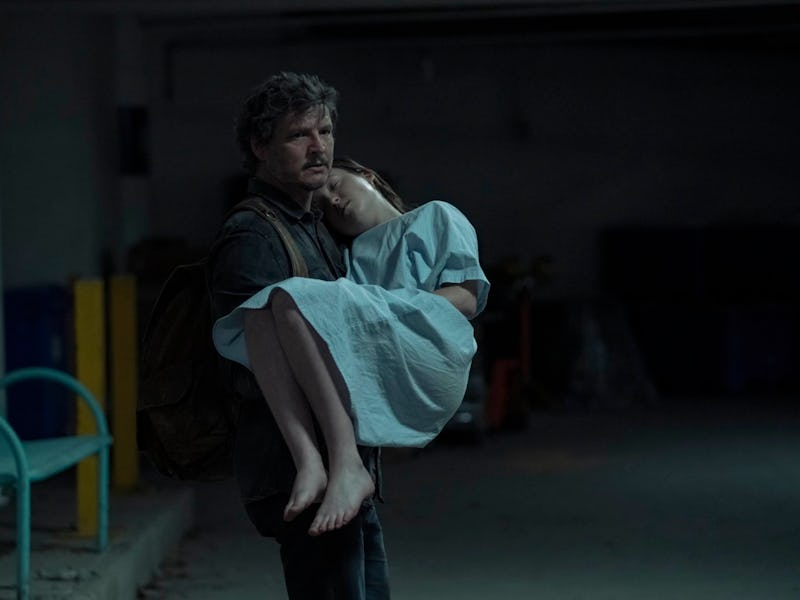The Biggest Last Of Us Mystery Just Got A Lame Conclusion
Open to interpretation no more.

The ending of The Last of Us — both the game and Season 1 of HBO’s show — is tremendously satisfying. Joel Miller, a man plagued by the fact that he couldn’t save his daughter, is determined to live out the rest of his days alone when he meets Ellie, a teenager who’s somehow immune to the infection that destroyed the world, and who offers hope that a cure can be made.
But when Joel delivers Ellie to the scientists who want to study her, he realizes the possibility of a cure would mean sacrificing Ellie, a tradeoff he’s not willing to make. So he rescues her, murdering the scientists in the process and kickstarting the plot of the second game (and season). But would the procedure have worked if Joel hadn’t intervened? Would sacrificing Ellie have saved the planet? Co-showrunner Neil Druckmann actually has an answer... even though he maybe shouldn’t.
While appearing on the Sacred Symbols podcast, Neil Druckmann, who served both as creative director of the game and co-showrunner of the series, was asked the fateful question about whether Ellie really could have helped create a cure for the fungus zombie apocalypse.
According to Neil Druckmann, sacrificing Ellie would have created a cure to the Cordyceps infection.
“Could the Fireflies make a cure? Our intent was that, yes, they could,” he said. The game left the answer ambiguous, but Druckmann now thinks the story is best served by making the hope a reality. Druckmann acknowledged that the actual science of his universe is a bit messy, but added, “All I can say is that our intent is that they would have made a cure. That makes it a more interesting philosophical question for what Joel does.”
But... does it? That means Joel prioritized Ellie over a cure, but it also meant the Fireflies were absolutely justified in sacrificing Ellie from a utilitarian point of view: they would end the life of one person to save millions. But if the cure was only a possibility that we’ll never know the truth of, it puts everyone in a more interesting grey area.
A definitive answer undermines Ellie’s rift with Joel over his choice.
This also undermines the rift between Joel and Ellie. If a cure was guaranteed, then Ellie is completely in the right. If it had only been a chance, then it gives Joel more reasons to defend what he did, even if Ellie grew willing to sacrifice herself.
The possibility of a cure was left ambiguous in the games, which was probably best. The whole point of the second game is realizing that Joel may not have been entirely in the right, but that there are no clear-cut answers. Nuance is important, and Druckmann’s comments eliminate that.
A lack of nuance was, in fact, one of the major complaints about Season 2 of The Last of Us, although this example wasn’t included in the viewing experience itself. It’s okay to not have all the answers, even if it means a more ambiguous season of television. Sometimes, that’s what makes it compelling.